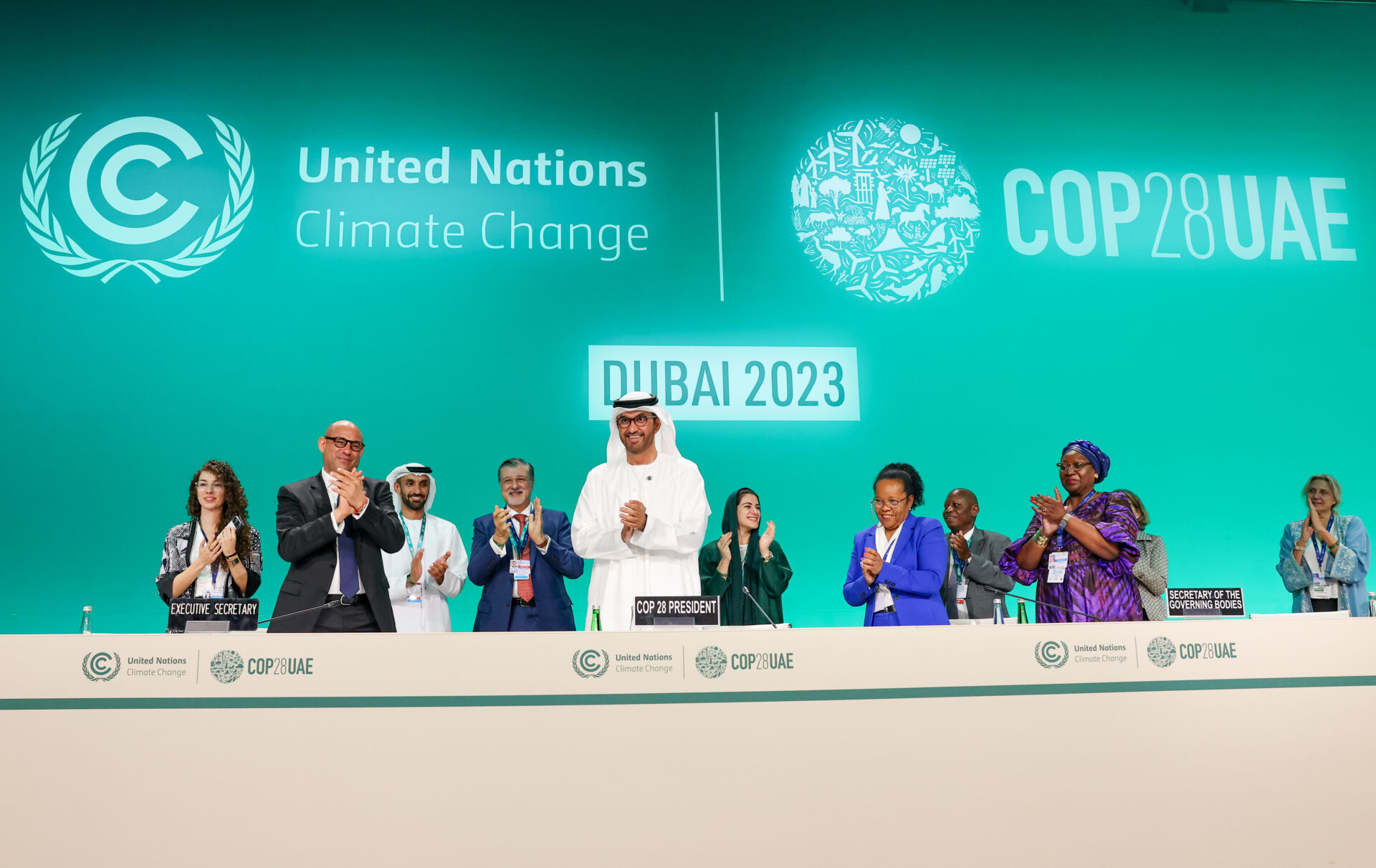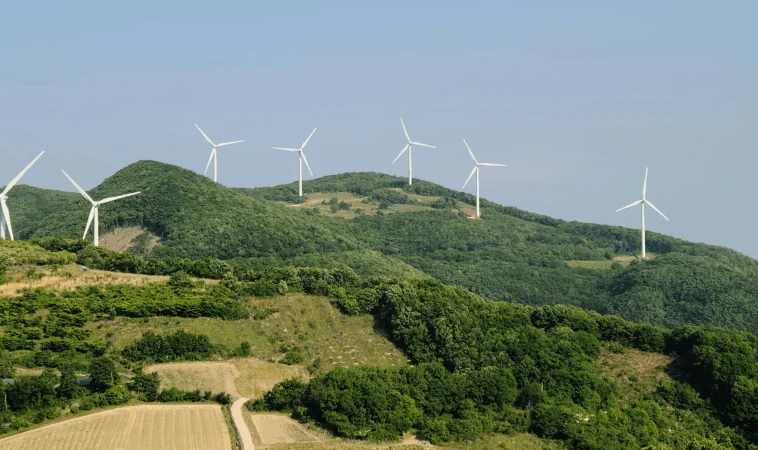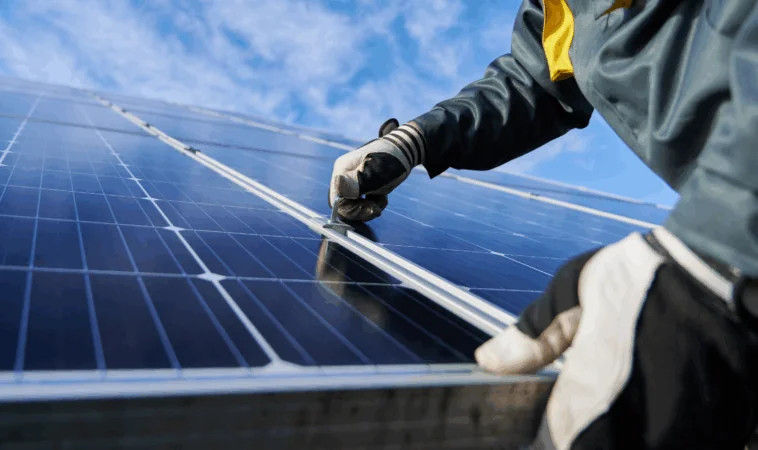
10 new members, including the United States joined the Powering Past Coal Alliance at the UN Climate Summit COP28 yesterday, demonstrating that developed countries are firmly on track to consign coal to history.
Alongside the announcement of new members of the PPCA, there were two other important developments on coal phase-out: the launch of a new initiative called the “Coal Transition Accelerator” by France and the adoption of the Global Pledge on Renewables and Energy Efficiency by 118 countries, which committed them to tripling renewables and doubling energy efficiency, as well as emphasised the need to stop investments in new coal power plants.
These moves are adding to the growing momentum toward a global agreement on no new coal and coal phase-out in Dubai, which the PPCA and its members have been advocating for.
New PPCA members
By joining the PPCA, the US has committed to a moratorium on new unabated coal plants and to phasing out existing unabated coal power generation. It is stepping up its leadership on coal phase-out on the international stage and will work together with other members of the Alliance to build stronger economies and more resilient communities – without coal power generation.
The Czech Republic, Cyprus, Dominican Republic, Iceland, Kosovo and Norway, the subnational governments of Wielkopolska and Taoyuan City, and listed energy company ACEN of the Philippines also joined the PPCA yesterday. With these additions, the Alliance now counts 57 countries, 51 subnational governments and 71 organisations. The PPCA calls on all other national and subnational governments, businesses and financial institutions to follow suit and announce ambitious new coal phase-out commitments in the coming days.
The announcement was widely welcomed by government and civil society leaders:
Coal Transition Accelerator
Coinciding with the PPCA announcement, France, together with Canada, European Commission, Indonesia, Malaysia, Senegal, United Kingdom, United States, Vietnam, and several organizations including the PPCA have launched the Coal Transition Accelerator. It aims to share expertise, design new policies including through best practices and lessons learned and unlock new sources of public and private financing to facilitate just transitions from coal to clean energy.
The initiative consists of three pillars:
- A strategy to decrease the cost of capital for the investment in clean energies in developing and emerging markets, to be developed by the World Bank.
- A Coal Transition Commission that will propose options and solutions to unlock new sources of public and private financing for transitioning the existing unabated coal fleet.
- A “gold standard” to measure and assess the climate and financial risks attached to private sector investments in new coal assets, to be developed by the OECD, with the support of the IEA.
“This Coal Transition Accelerator will help us speed up efforts to support the transition away from coal power in the developing world. This initiative has the potential to help economies in the acceleration of the development of clean energy and the retirement of coal-fired power plants while supporting the communities towards a path away from coal. The Powering Past Coal Alliance, co-led by Canada and the UK, is ready to partner on this initiative to align private finance with just coal-to-clean transitions.”
Steven Guilbeault, Minister of Environment and Climate Change, Canada and PPCA co-chair
“This is an encouraging day for the world’s efforts to move away from coal power. The Coal Transition Accelerator can accelerate the deployment of clean energy and the retirement of coal fired power plants, while protecting the communities in the developing world that have previously relied on coal for employment. Through the Powering Past Coal Alliance, which the UK co-leads, we will back this work and share the hard-won experience from our own clean energy transitions.”
Graham Stuart, Minister of State for Energy Security and Net Zero, United Kingdom and PPCA co-chair
Global Pledge on Renewables and Energy Efficiency
Later in the day, 118 countries signed up to the Global Pledge on Renewables and Energy Efficiency, which commits signatories to triple renewable energy and double energy efficiency and recognises that continued investment in unabated coal fire plants in incompatible with efforts to limit warming to 1.5oC.
By signing on to the pledge, governments across the world have recognised that the development of renewables, and not new coal, is the key to future prosperity. The pledge will accelerate the growing global momentum to end new coal power, demonstrated by the collapse in the global pipeline of proposed coal power plants since the Paris Agreement in 2015.
“The Global Renewables and Energy Efficiency Pledge has sent a worldwide signal that it is time for everyone – countries, financial institutions and utilities – to turn their backs on coal power and embrace a clean energy future.”
Graham Stuart, Minister of State for Energy Security and Net Zero, United Kingdom and PPCA co-chair
“Canada welcomes the Global Energy Pledge because we recognize that it’s urgent that we expand the development of renewable energy globally if we want to keep 1.5oC within reach.
“In Canada; renewables and energy efficiency are central to meeting Canada’s commitment to net-zero by 2030. With carbon pricing and regulations to phase out coal power, we are making significant progress through our climate plan to deploy clean energy solutions. And we recognize that this transition must support workers and communities. Canada has made energy transition a pillar of our climate finance commitment, to help developing countries build renewable energy projects.
As governments everywhere scale up clean energy, let’s not lose sight of the urgent need to phase out emissions from unabated coal power to ensure our chances of limiting global temperature rise. This year at COP28, Canada is asking Parties to commit to the phase out and ending of new unabated coal power.”
Steven Guilbeault, Minister of Environment and Climate Change, Canada and PPCA co-chair
What’s next at this COP and beyond
Yesterday’s announcements provide a strong impulse for a formal agreement on no new coal and coal phase-out at the COP.
Coal is the world’s single largest source of carbon emissions and needs to be phased out first and fastestto avoid the worst impacts of climate change. To make or break our chances of keeping global temperature rise to 1.5°C, we need to:
- stop the construction of new unabated coal power plants now,
- radically accelerate the coal-to-clean transition within the next 7 years, and
- completely end global emissions from coal by 2040.
With the conclusion of the first Global Stocktake which will measure our progress in implementing the Paris Agreement, COP28 must be the turning point for international action on coal phase-out.




